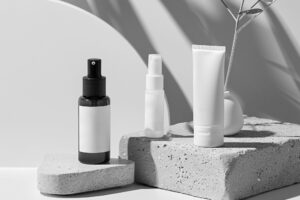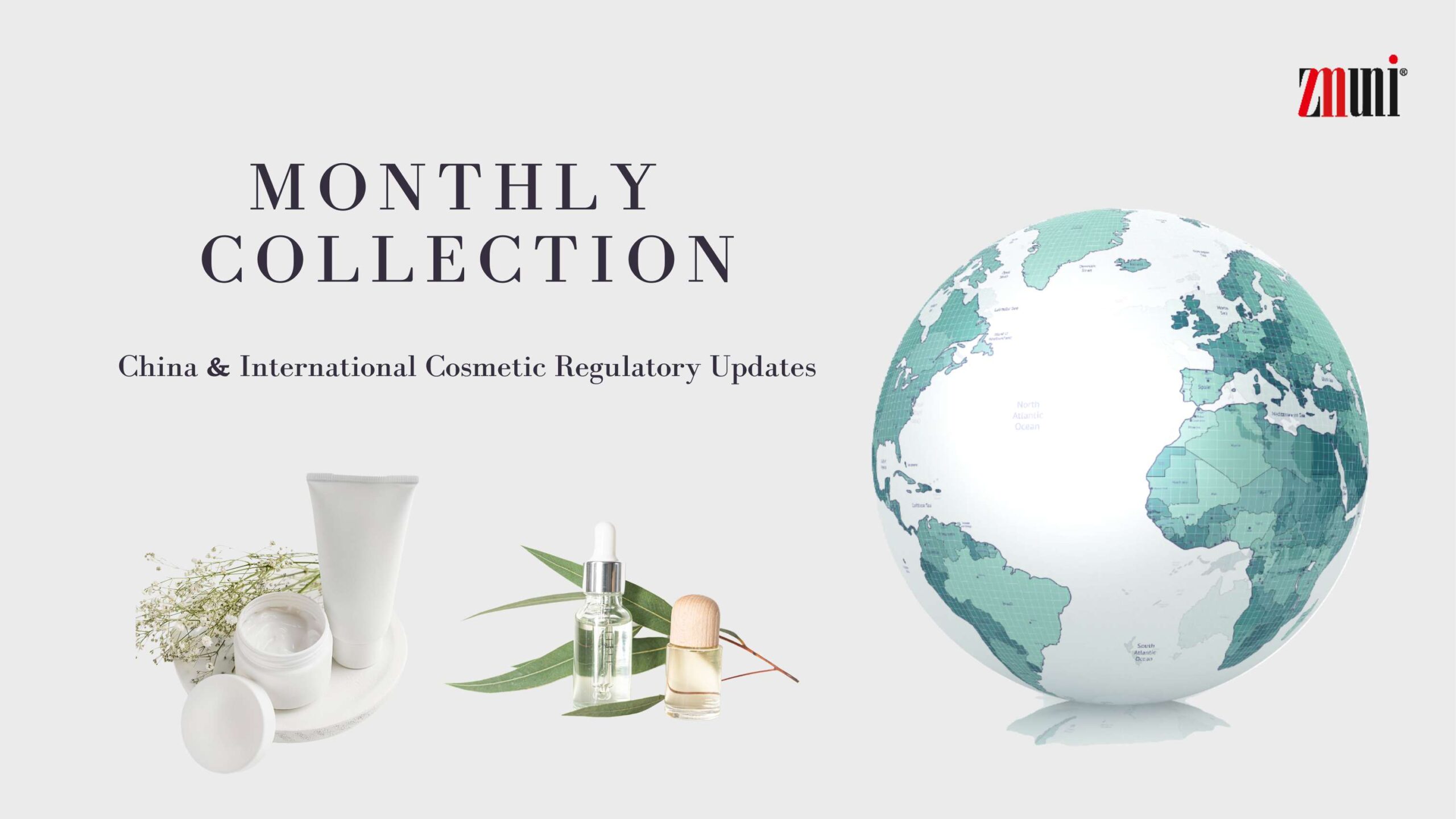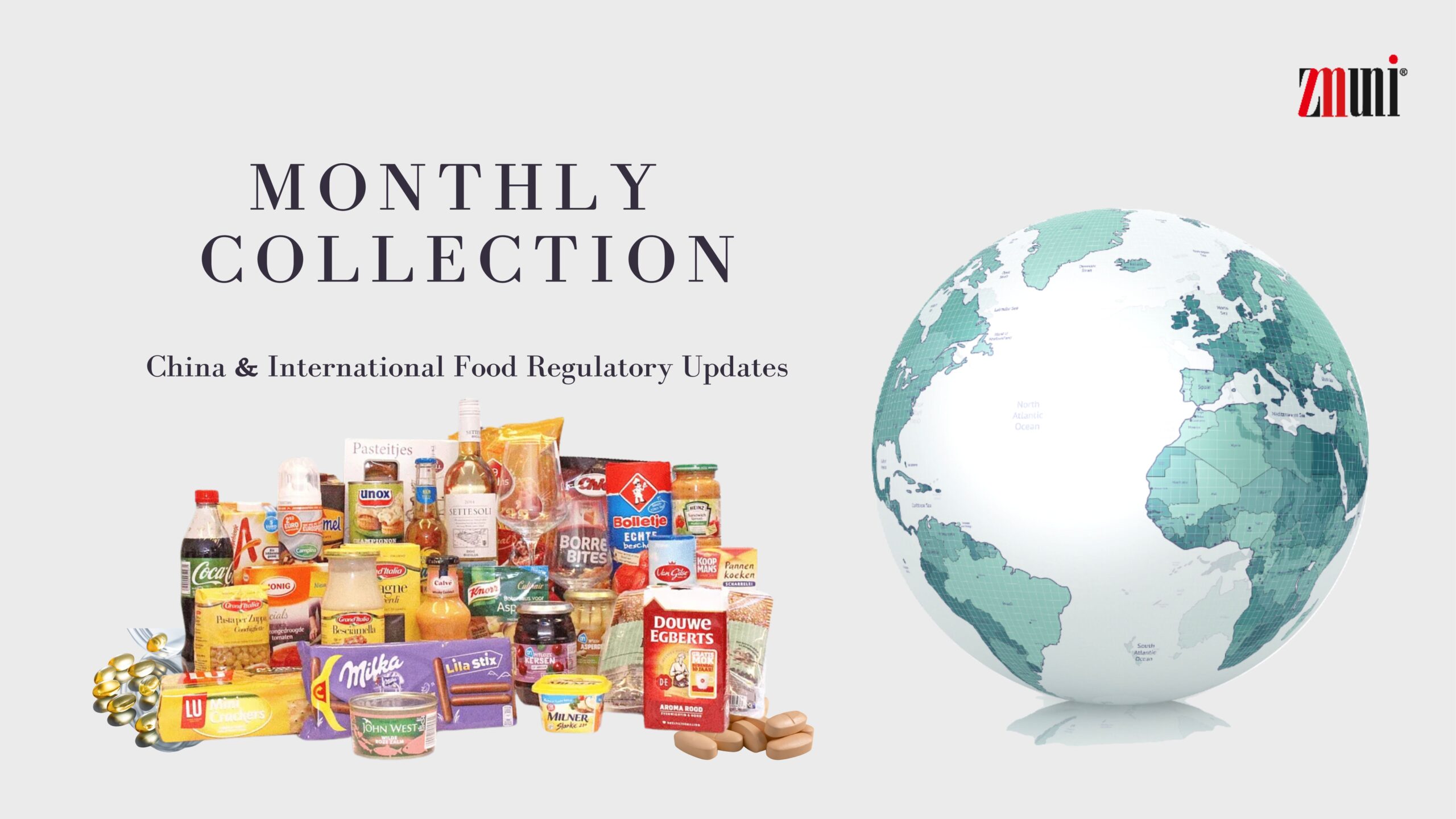+86 571 8659 2517
+86 180 5841 8258
info@zmuni.com

Since 2021, China has implemented the new Cosmetic Supervision and Administration Regulation (CSAR). Under this regulation, cosmetic ingredients are classified into existing cosmetic ingredients and new cosmetic ingredients. New cosmetic ingredients must undergo registration or notification(filing) before they can be used in cosmetic products. Since 2021, regulatory authorities such as China National Medical Products Administration (NMPA) and China National Institutes for Food and Drug Control (NIFDC) have released several regulations related to new cosmetic ingredients. Notably, this year has seen a series of important regulations and guidelines that mark a shift toward more refined and scientific regulatory oversight in China’s industry. In this article, ZMUni Compliance Centre will

On November 4, 2024, China's National Medical Products Administration (NMPA) approved a new cosmetic ingredient, Isobutylamido Thiazolyl Resorcinol (Thiamidol 630), marking the first ingredient registered since the implementation of Cosmetic Supervision and Administration Regulation (CSAR) in 2021. Synthesized chemically, this new ingredient has undergone safety and efficacy verification and is approved as a whitening agent for leave-on products (excluding those posing inhalation risks). It is noted that this is the third application submitted by the applicant Beiersdorf, following two previous rejections. This approval will facilitate Beiersdorf's relevant cosmetic products (containing this new ingredient) to smoothly enter China

This article focuses on summarizing the regulatory developments related to cosmetics within China and internationally in October 2024, with an emphasis on updates in China on new cosmetic ingredient notifications, cosmetic administrative penalties, official FAQs, and so on. China Cosmetic Regulatory Updates | New Cosmetics Ingredients (NCI) Notification In October 2024, 3 new cosmetic ingredients were filed with the China National Medical Products Administration (NMPA). They include: Ingredient Name in CN & EN Notification No. Notifier in CN 小叶桢楠(PHOEBE HUI)茎/根油 20240071 金丝楠化妆品有限公司 五肽-48 Pentapeptide-48 20240072 诺斯贝尔化妆品股份有限公司 金耳(Tremella aurantialba)子实体提取物 20240073 上海家化联合股份有限公司 The technical requirements for the 3 new cosmetic ingredients mentioned

This article focuses on summarizing the regulatory developments related to food within China and internationally in October 2024, with an emphasis on updates in regulations concerning new food ingredients, food additives, feed additives, and special foods. China Food Regulatory Updates 1. New Food Ingredients & Food Additives On October 10, 2024, the China National Health Commission (NHC) issued a notice on 12 Three New Food. These include two new food ingredients (Nannochloropsis qaditana oil & Procyanidins) and four new food additives (D-psicose 3-epimerase, 2’-FL, LNnT, Sodium ferrous citrate). Relevant News on ZMUni: https://www.zmuni.com/en/news/china-three-new-food-updates-involving-two-new-food/ On October 24, 2024, the

On November 1, China’s State Administration for Market Regulation (SAMR) released key review guidelines for implementing the replacement of health foods that lack "expiration dates and product technical standards" (referred to as “dual-no” products). This initiative aims to standardize legacy registrations, improve documentation, and unify regulatory standards. Through re-certification, SAMR will assign expiration dates, regulate health claims, and align registrations with production licenses and oversight, reinforcing compliance responsibilities for manufacturers and regulators. Products requiring certificate replacement include all "卫食健字" labeled items and certain "国食健字" items approved during the 2003-2005 regulatory transition, as specified by the Health Function Catalogue Allowed for

On October 30, 2024, China National Medical Products Administration (NMPA) announced amendments to the Safety and Technical Standards for Cosmetics (2015 Edition) (STSC), introducing 3 new testing methods and revising 2 existing testing methods. These updated methods, effective from July 1, 2025, will apply to cosmetic registration, notification, and sampling tests. Detailed information as follows: No. Testing Method Newly Added/Revised 1 Determination of Azelaic Acid and its Salts in Cosmetics Newly Added 2 Determination of Phenacetin in Cosmetics 3 Determination of Hydroxycapric Acid in Cosmetics 4 Determination of Asbestos in Cosmetics Revised 5 Determination of Glucuronic Acid and Other 14

On October 24, 2024, China National Center for Food Safety Risk Assessment(CFSA) issued two notices soliciting public comments for two new food ingredients and six new food additives respectively. On October 25, 2024, CFSA issued notice, consulting on three new varieties of food-related products. Two New Food Ingredients Name(CN&EN) Source Deadline for Comments 樱花多酚 (Sakura polyphenol) Cerasus serrulata var. lannesiana (Carr.) Makino November 23, 2024 鸡冠透明质酸钠 (Rooster comb sodiu) Comb of Gallus gallus domesticus Six New Varieties of Food Additives Category Name(CN&EN) Deadline for Comments Enzyme 过氧化物酶 (Peroxidase) November 24, 2024 木聚糖酶 (Xylanase) Nutritional fortification substances 3’-唾液酸乳糖钠盐 (3’-Sialyllactose sodium salt) 乳糖-N-新四糖 (Lacto-N-neotetraose,LNnT) Food

From October 18-19, the 2024 China Association of Fragrance, Flavor, and Cosmetics Industries(CAFFCI) Annual Meeting and Expo (CAME) was grandly held in Nanjing, Jiangsu province under the theme "Creating, Winning, Thriving Together." The exhibition featured a 15,000㎡space, bringing together 138 premium exhibitors. Zhejiang Zhongmao Enterprise Service Co., Ltd. (ZMUni Compliance Centre) was honored to be one of the participating exhibitors, where we showcased our enthusiastic service approach and professional capabilities. In addition to exhibiting, ZMUni actively participated in forums at the CAME conference, gaining valuable insights into the latest regulations and industry trends, both in China and globally. The event featured 45 forums
+86 571 8659 2517
+86 180 5841 8258
info@zmuni.com